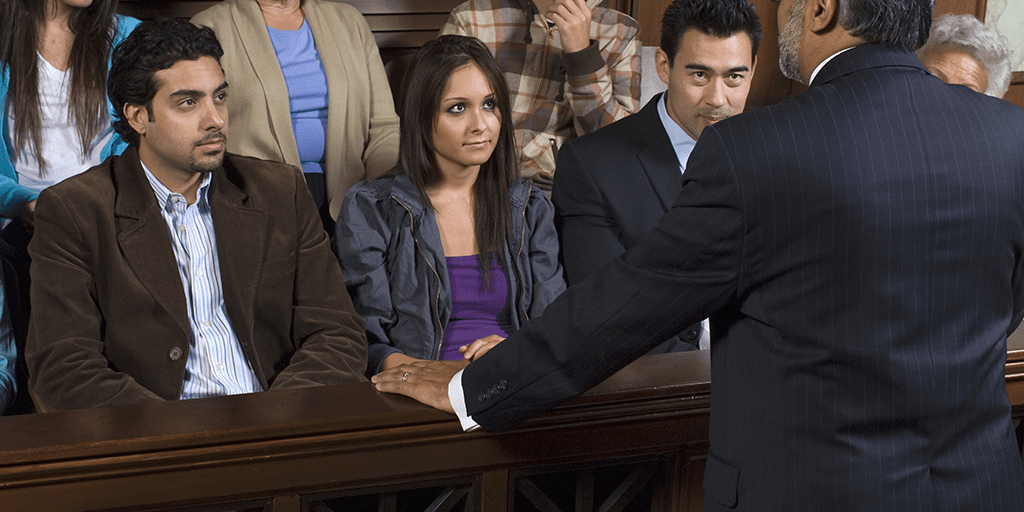How to become a lawyer
A lawyer or attorney is a person who practices law, as an advocate, attorney at law, barrister, barrister-at-law, bar-at-law, canonist, canon lawyer, civil law notary, counsel, counselor, solicitor, legal executive, or public servant preparing, interpreting and applying the law, but not as a paralegal or charter executive secretary. Working as a lawyer involves the practical application of abstract legal theories and knowledge to solve specific individualized problems, or to advance the interests of those who hire lawyers to perform legal services. The role of the lawyer varies greatly across different legal jurisdictions.
- Business. A business major is a great option for those who are entrepreneurial-minded.
- Criminal Justice / Criminology.
- Economics.
- English.
- Philosophy.
- Political Science.
- Psychology.
What does a lawyer do?

Lawyers advise clients on all aspects of the law and present cases at court proceedings and hearings. Solicitors and barristers are both types of lawyer but have completed different qualifications.
Being a lawyer involves advising clients on criminal and civil law and representing them in legal proceedings. Types of lawyer include:
- Divorce Lawyer
- Criminal Lawyer
- Intellectual Property Lawyer
- Family Lawyer.
What can I expect from being a lawyer?
/burnout-businesswoman-under-pressure-in-the-office-934420224-5c4f1ccdc9e77c0001f3234c.jpg)
There is a lot more to being a lawyer than arguing exciting cases in the courtroom. As a solicitor, much of your time will be spent researching case studies, writing legal strategies and staying up to date with the law.
A respected career with high earning potential, the law profession can be challenging but also rewarding. Hours can be very long and there is high pressure to achieve the best results for your clients and your law firm.
- Providing legal advice and guidance.
- Writing contracts.
- Meeting clients (individuals or businesses)
- Attending court hearings.
- Reading witness statements.
- Collating evidence and researching case studies.
- Keeping up to date with changes in the law.
- Representing clients in trials
What certification do I need to be a lawyer?

Most states and jurisdictions require lawyers to complete a Juris Doctor (J.D.) degree from a law school accredited by the American Bar Association (ABA). ABA accreditation signifies that the law school—particularly its curricula and faculty—meets certain standards.
Obtain a bachelor’s degree from a recognized college or university.
- Political science.
- Logic.
- English.
- Spanish.
- History.
- Economics.
How do I start my career as a lawyer?

- Complete a Bachelor’s Degree Program You Enjoy. A bachelor’s degree is the minimum educational requirement for admission to law school.
- Pass the Law School Admission Test.
- Identify Law Schools and Complete Applications.
- Earn a Juris Doctor Degree.
- Pass the Bar Examination.
- Advance Your Career.
- Visit your law school’s career services office.
- Look up alumni from your law school on LinkedIn.
- Try using a reputable legal search engine, such as Martindale, to search for law firms by practice area, size, and/or location
How can I improve my career as a lawyer?

- Always Work To Create Career Leverage.
- Don’t Let Fear Govern Your Career Choices.
- Understand the Changing Profession…and Adapt.
- Learn How To Communicate Effectively.
- Work Hard.
- Set Goals, Create a Strategy…and Execute.







